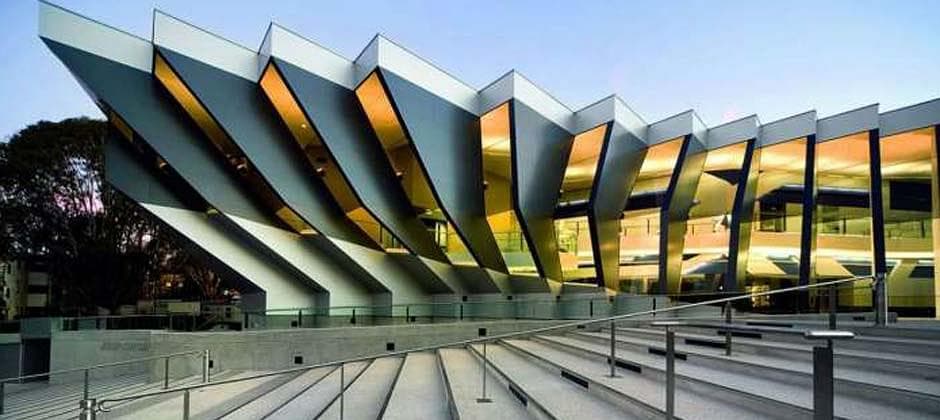Program Structure:
The Master of Digital Humanities and Public Culture requires the completion of 48 units, of which a minimum of 24 units must come from completion of 8000-level courses.
The 48 units must consist of:
12 units from completion of Research Training courses from the following list:
- HUMN6001 Introduction to Digital Humanities and Public Culture - Tools, Theories and Methods
- HUMN6003 Digital Humanities and Public Culture: Projects and Engagement
- HUMN8028 Digital Culture and Society - Critical Theories and Methodologies
- HUMN8029 Digital Humanities and Public Culture - Issues and Debates
12 units from completion of Research Experience courses from the following list:
- ANIP6503 Australian National Internships Program A
- ANIP6505 Australian National Internships Program B
- HUMN8030 Digital Humanities and Public Culture Research Project
- HUMN8031 Digital Humanities and Public Culture Research Project (Advanced)
24 units from completion of Discipline Focus courses from the following list:
- ARTH6162 Art in the Digital Age
- ARTV6000 Animation
- ARTV6003 Video Art
- ARTV6059 Immersive Media
- COMP6240 Relational Databases
- COMP6261 Information Theory
- COMP6262 Logic
- COMP6300 Computer Organisation and Program Execution
- COMP6340 Networked Information Systems
- COMP6466 Algorithms
- COMP6490 Document Analysis
- COMP6710 Structured Programming
- COMP6720 Art and Interaction in Computing
- COMP6730 Programming for Scientists
- COMP6780 Web Development and Design
- DESN6001 Digital Form and Fabrication
- DESN6002 Foundations of Creative Code
- DESN6003 Creative Data Visualisation: Representing Data in Visual and Material Form
- DESN6004 Dynamic Design and Generative Systems
- DESN6006 Front-End Web: Crafting Online Experience
- GEND6501 Posthuman bodies
- HIST6022 Aboriginal and Torres Strait Islander History
- HIST8011 Biography and History
- HIST8030 Decolonising history? Indigenous perspectives, deep history, and postcolonial challenges
- HUMN6001 Introduction to Digital Humanities and Public Culture - Tools, Theories and Methods
- HUMN6003 Digital Humanities and Public Culture: Projects and Engagement
- HUMN8012 Writing, World Histories and Lives: Research Project
- HUMN8019 UNESCO and World Heritage: Conserving Heritage Values
- HUMN8026 Writing in the Public Sphere
- HUMN8027 Critical Issues in Heritage and Museum Studies
- HUMN8032 Writing for the Research Process
- HUMN8033 Tourism, Heritage and Globalization
- HUMN8036 Who do we think we are? Using Archives and Special Collections
- HUMN8039 Indigenous Heritage Management and Debates in Digital Heritage
- LING6023 Dictionaries and Dictionary-Making
- LING8026 Qualitative Research Methods in Language Studies
- LING8027 Quantitative Research Methods in Linguistics
- MUSC8017 Museums and Collections: Key Concepts and Practices
- MUSI6009 Music and Digital Media
- SOCR8001 Statistics for Social Scientists
- SOCR8003 Qualitative Research Analysis
- SOCR8006 Online Research Methods
- SOCR8008 Qualitative Data Collection
- SOCR8009 Quantitative Data Collection
- SOCY6066 Social Science of the Internet
